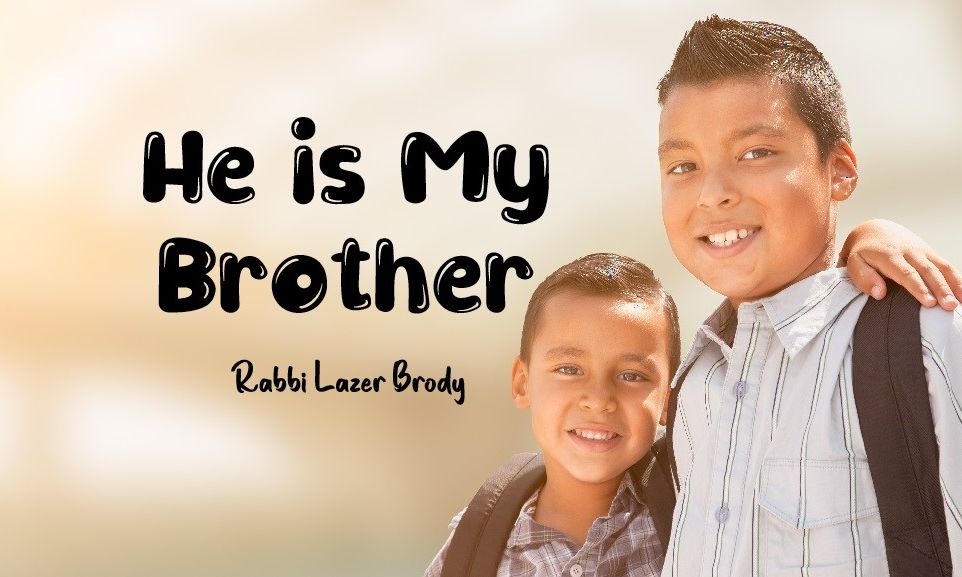
He’s My Brother
Haven't we had enough of intramural hate? We'd be amazed to see how much suffering we bring upon ourselves for judging others unfairly and for hating our brothers and sisters...

The notorious Three Weeks are here again. Except for the traditional hate mongers – who are few but very loud – there is a new sense of unity among Jews all over in Israel. The constant threat of missile attacks has brought everyone together.
Israel’s casualties, as painful as they are, can’t compare to what happened some 1900 years ago, when Rebbe Akiva’s 24,000 students died in a plague because they didn’t properly respect one another. We’re not talking thugs on the street – we’re talking about holy Tannaic sages, Rebbe Akiva’s students. But when it came to interpersonal relations and Jewish unity, they blew it.
To what do we owe the destruction of the Second Temple and the last 2,000 years of exile, holocaust, Inquisition and pogroms? The answer is sinat chinam – the senseless hating 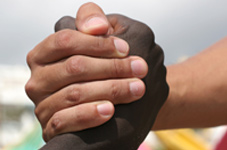 of our brothers and sisters.
of our brothers and sisters.
Few things disgust me more than discrimination, especially among Jews. I ask all those who make the snide and derogatory remarks about other Jews: So what if your ancestors were born in Europe and your neighbor’s ancestors were born in Africa? Is there anywhere in Jewish religious law that says he’s any less of a Jew than you are? And so what if he or she observes a different level of Judaism than you do? Does that make you superior? Maybe no one taught them Torah yet. Maybe if they did learn Torah, they’d be on a much higher level than you! Funny, I grew up in a world that was far a way from the Gemara and Code of Jewish Law. Yet, I remember conservative and reform Jews who were the sweetest people you’d ever want to meet. And unfortunately, I’ve witnessed more than enough intramural throat-cutting in the ultra-Orthodox world.
My zaidie (grandfather) Gamliel of blessed memory used to say, erste zach, zai a mentsch – first of all, be a human being.
You know what that means? If you disdain the other human, then you’re not human. And to be a Jew, you first must be human.
Don’t look down at someone because his beard is shorter than yours, or even if he’s clean-shaven. Don’t judge a woman because she doesn’t yet cover her hair. Rebbe Nachman teaches us anyway that judging others is tantamount to suicide, for Hashem goes through a person’s dossier up in the Heavenly Archives with a fine-toothed comb to see if he or she is worthy of judging anyone else. And, according to Jewish ethics books, those who judge others are never worthy of doing so anyway, so they invoke stern judgments on themselves. We’d be amazed to see how much suffering we bring upon ourselves for judging others unfairly and for hating our brothers and sisters, both of which are heinous transgressions of Torah.
How do you feel when someone shows hate, disgust and resentment of one of your children? It’s a nauseating feeling. We are all sons and daughters of Hashem. What’s more, Hashem is a zillion times more loving parent than anyone of us. How does He feel when someone says, “Hashem, I can’t stand your [Reform, Conservative, Modern Orthodox, Chassidic, Breslev, Chabad, Ethiopian, Polish, Moroccan, Ashkenazi, Sephardi, or any other myriad of plug-ins] son or daughter!” That’s not exactly how to open the coffers of Divine compassion.
Aren’t we sick enough of the ten weeks a year when we’re not allowed to party? Haven’t we had enough wars? Don’t we want an end to exile and Jewish suffering? I’m not saying that other mitzvoth are not vital, but if we want to live in any semblance of peace and happiness, we must urgently take upon ourselves the mitzva of loving our neighbor just like we love ourselves. There can be no Jewish unity unless we all strive – together – for Jewish unity. We have freedom of belief, yet we have no right to impose our beliefs and opinions on others.
No Jew ever became closer to Hashem because some zealot threw a rock at him.
There’s one way to learn how to smile to every Jew: tell yourself, “He’s my brother.” A smile is multilingual. There’s no Ashkenazi or Sephardi accent in a smile. Secular Jews, national-religious Jews and ultra-Orthodox Jews all smile the same way. When we smile at each other, we invoke Hashem’s smile, and then we’ll really see good times, speedily and in our day, amen!


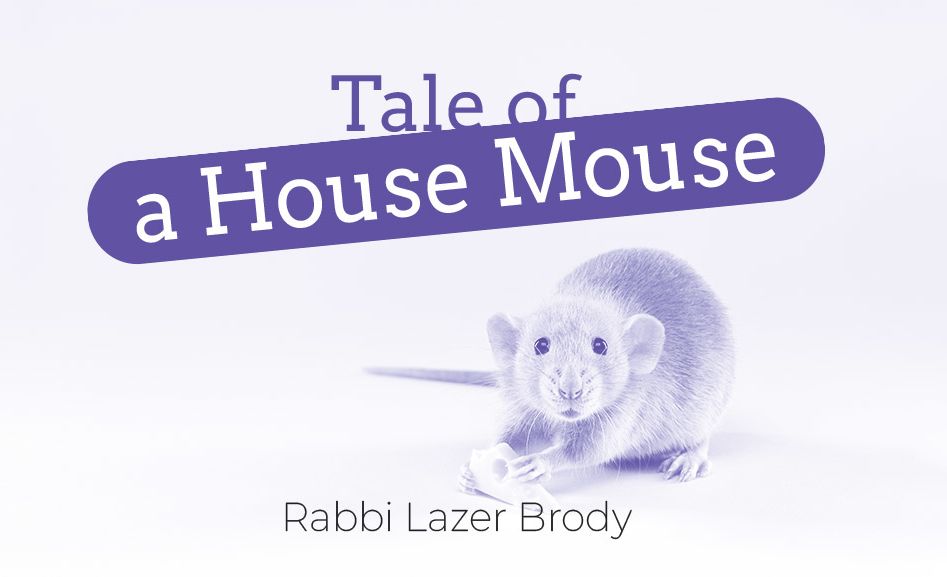
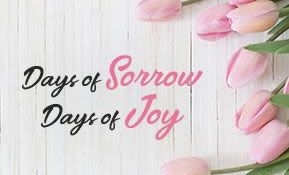

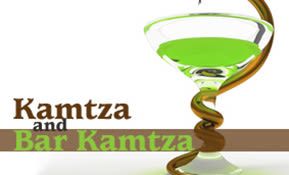

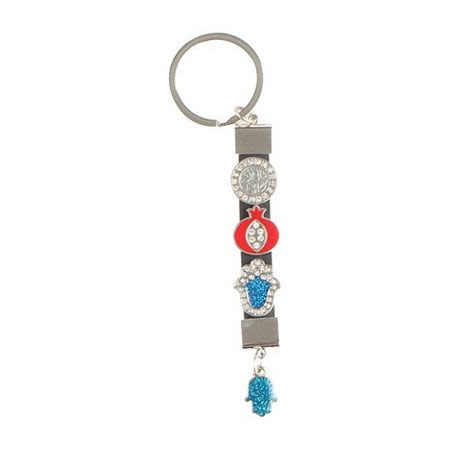
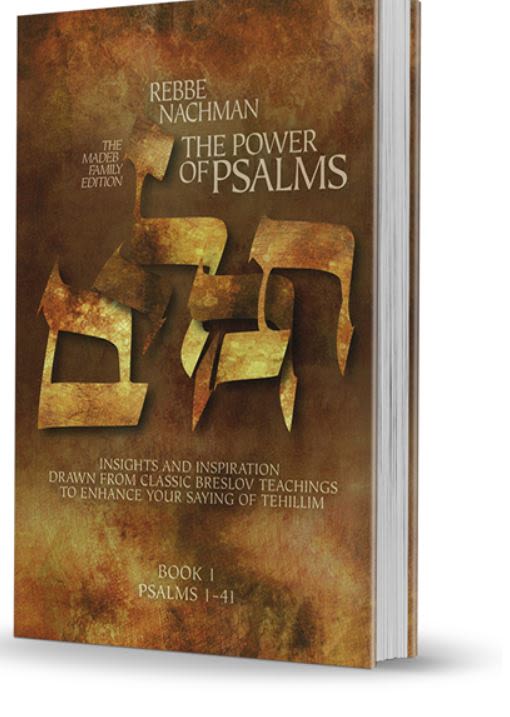
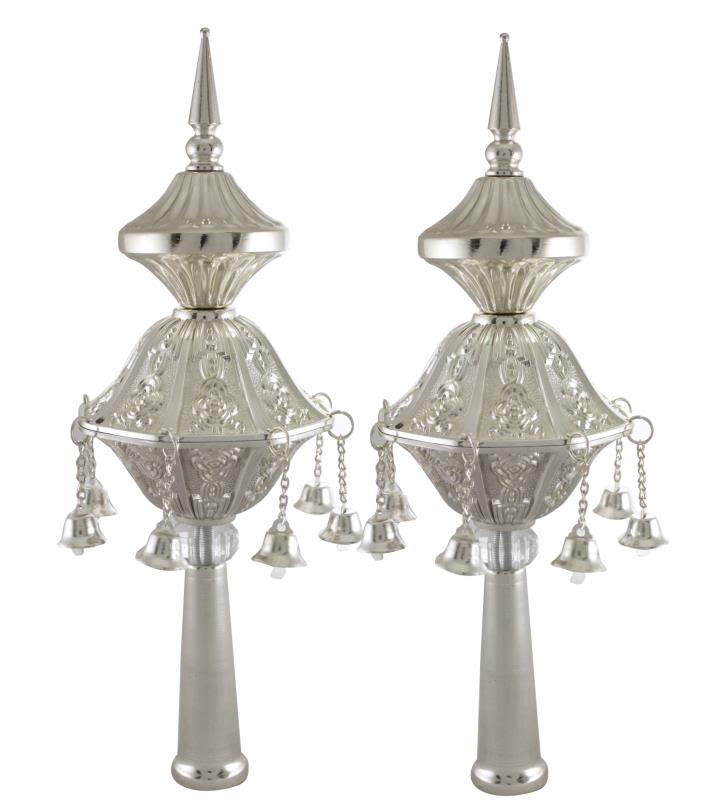
6/04/2013
Hidden judgment This article contains some hidden judgment of its own. Case in point: "Don't judge a woman because she doesn't yet cover her hair." Yet. She may never cover her hair. What then?
6/04/2013
This article contains some hidden judgment of its own. Case in point: "Don't judge a woman because she doesn't yet cover her hair." Yet. She may never cover her hair. What then?
6/02/2013
Best article ever! Best article ever!!!!!!!!